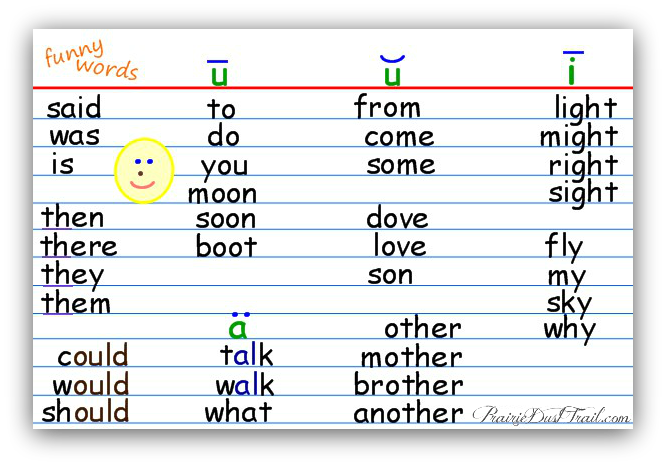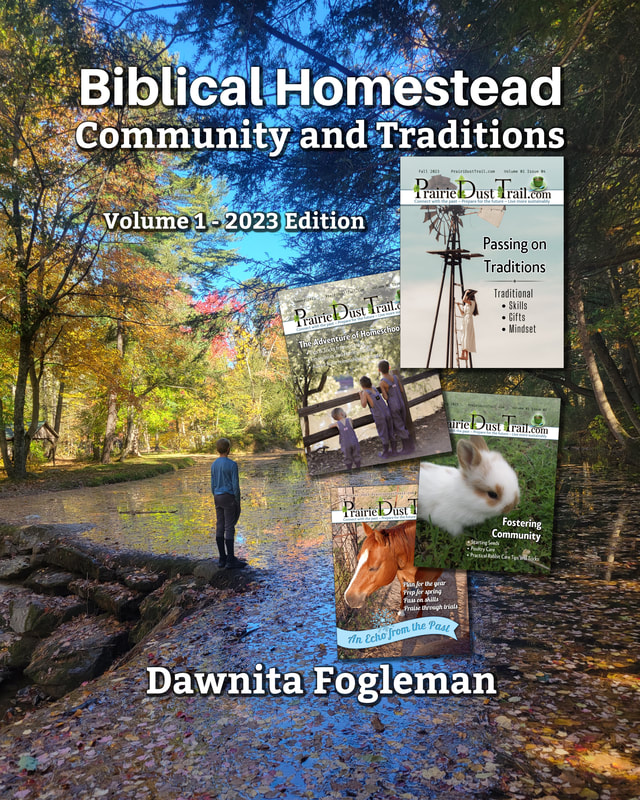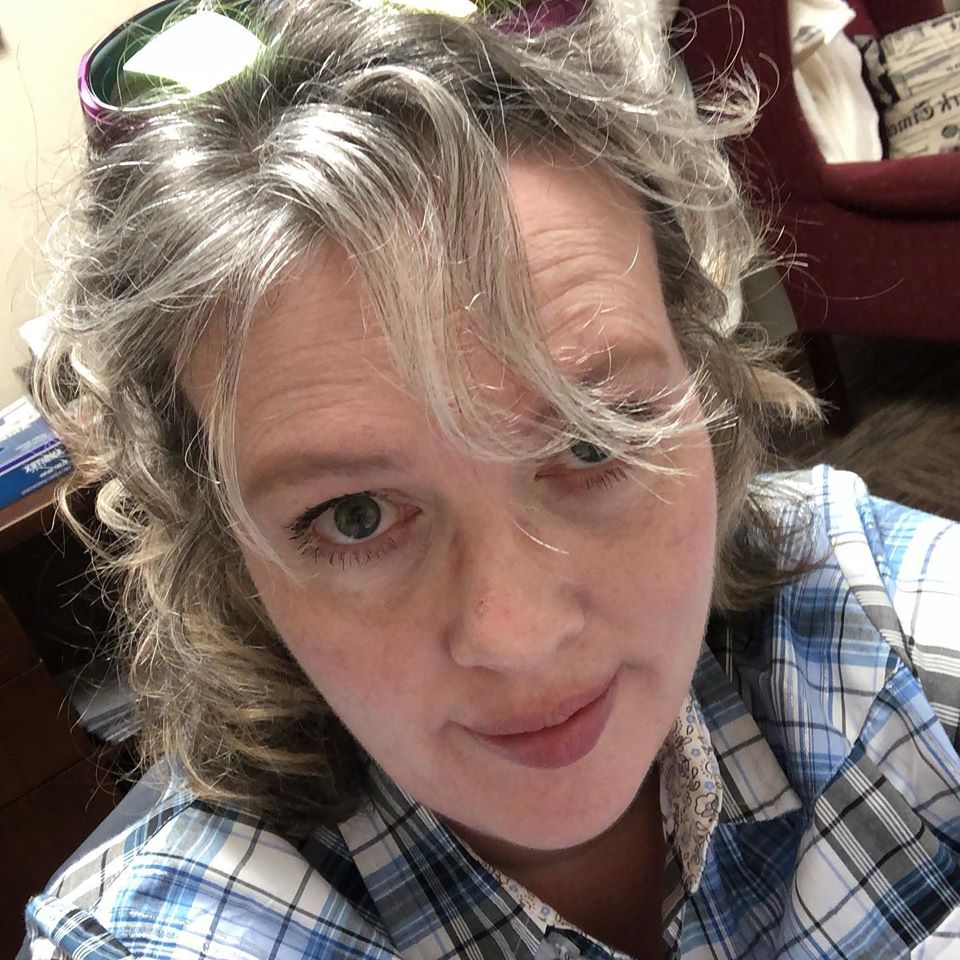Some links in the post below are “affiliate links.” See our disclosure policy for details. This post was first published 10-2013.
|
|
I’ve remembered this with my children. Our oldest struggled with putting sounds together so we took a month off phonics to visit Dr. Seuss and spent a lot of time rhyming everything we could think of. After that she was reading better than me within the “100 Easy Lessons.”
Our second daughter was entirely different. By age 13 I took her to the eye doctor in desperation and told him, “There is a problem. She’s 13 and she’s not reading. Her eyes hurt and the letters are floating around the page. HELP!” Sure enough, lazy eye, except different from mine. Her’s is vertical, which is why we hadn’t caught it before. She is twenty now and reads fine. Then along came babies 3, 4, 5, & 6. They are all different. I’m constantly amazed. |
- Give all your attention. I am TERRIBLE at this! I multitask. Constantly. Unfortunately, when I do anything else while listening to a child read; I lose patience much more quickly. Giving my undivided attention allows me to catch any blends or vowels they are not sounding out right and correct it quickly and patiently. Less stress for child trying to sound out the same thing wrong over and over and less stress for mom not paying attention and suddenly wondering what child is frustrated with…
- Be consistent. Consistently correcting misinterpretation of sounds will train children more quickly, especially when it comes to those pesky “silly words” that break the “rules”.
- Be understanding. There are some words and/or blends, diphthongs, or whatever that we all have issues with. Our brains are all wired differently. If your child has a problem consistently with a particular issue, be understanding about it. Create shortcuts, tricks, visual helps, or whatever is needed to “cheat” on this issue until the brain finally catches up. Let’s face it, if I didn’t have spell-check… Well, some people really wouldn’t have read this far into the post.
- NO GUILT! As just stated, I need spell-check (or my oldest daughter close by; she’s a walking speller.) I was public schooled all the way through. Some people have insinuated to me that ONLY homeschooled children are bad spellers or have awful handwriting. (I don’t know any homeschooled doctors; so that one makes me laugh because I can never read their writing.) If your child doesn’t “get it” yet, don’t start comparing or downgrading yourself. It will either happen eventually or it just won’t. Again, our brains are wired differently. I “aced” trig in school and loved diagramming sentences and had to have a limit on pages for my essays… but I still don’t spell worth a hoot. And you know what? It’s OKAY! (Also be careful about running them to the doctor too quickly. Experiment and research first. Be creative. Once they hit about 12 years old, if things haven’t “clicked,” then by all means PRAYERFULLY seek professional advice. Note: I am not a medical professional & you know your child better than anyone. Follow your God given intuition, not fear or outside pressure…)
- Don’t use a traditional bookmark. Use an index card. Every time your child struggles with a word more than three times, write the word down on the card. Then every time they struggle with that word. Say the word and point to the card and say, “Remember, this is one of those funny words we wrote on your card.” It really does help. Usually by the time we finish a book they have learned all the words on that card and we can start an all new card with the next book. Occasionally there are words that need to be added to the new card also. That’s okay. Third Reader card is a charm, right? I’ve included a pin-able, printable sample card here with some of those silly words our children have struggled with.
I hope this post is encouraging to you. If you can think of any other little helps to add to this, please leave them in the comment. That would be so nice. I love comments!
P.S. I do use pretty bookmarks, but I still write down words on the back that I want to look up or remember. For older children, this helps build vocabulary skills as their reading level increases. (Yes, I’m still a child!) Also… The first child is the only one we made it all the way through the 100 Easy Lessons book. I love the principles in the book, but be careful not to become a slave to having to finish it. Some children, advance too quickly and some need a lot more practice in between…













 RSS Feed
RSS Feed